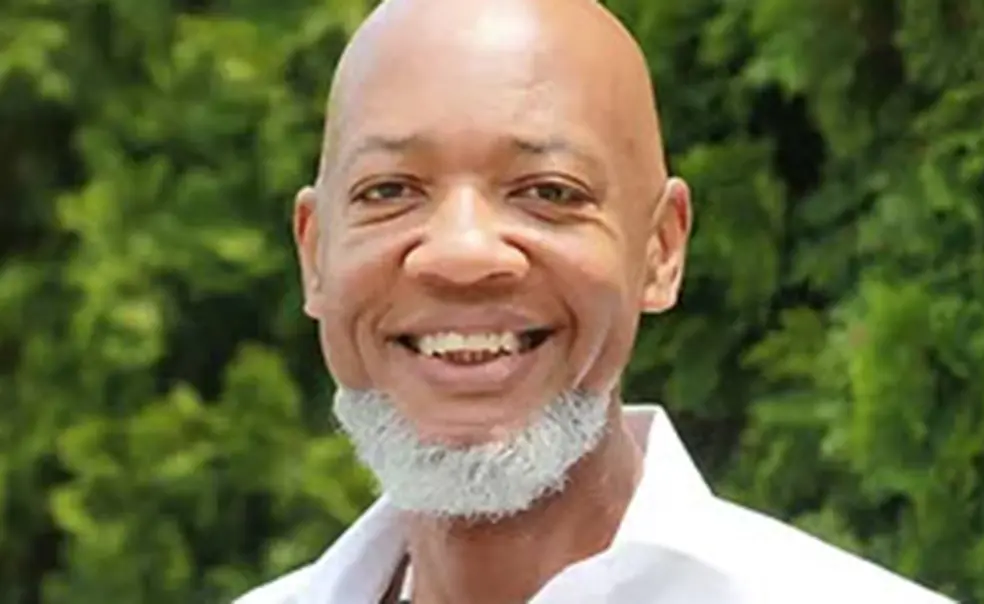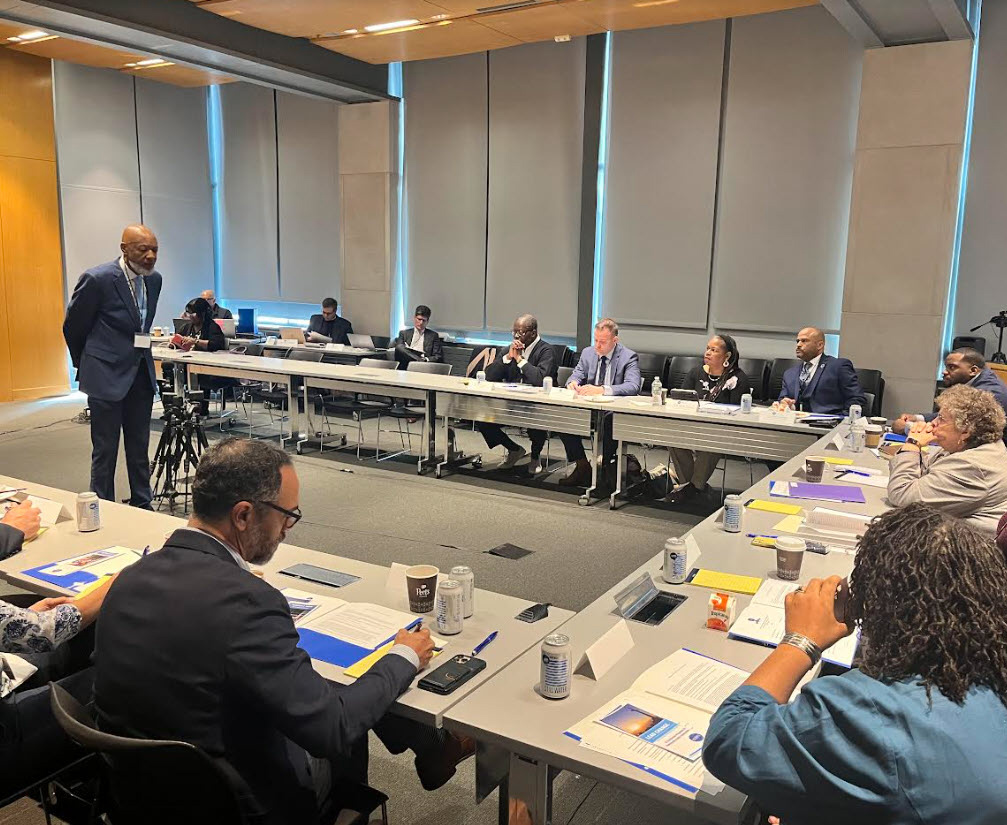Rev. Paul Roberts ’85 Is Centering Reparations Conversations on Faith
‘I have an educational foundation that has given me the tools to uncover for myself the torrid history of our country’
When Paul Roberts ’85 was a student at Princeton, he took classes in African American Studies because he wanted to understand himself. The program fleshed out his knowledge about Black history and issues, and it provided him with a theoretical framework to engage in work about race, identity, and inclusion. Now, 40 years later, he’s drawing on his educational background to lead a national series of conversations surrounding religion and reparations.
“I’m just overjoyed that I’m able to engage in conversation like this at my alma mater,” he says. “It’s huge.”
This focus emerged more than two years ago during a time that Roberts calls his reinvention. As an ordained minister who currently serves as the president of the Johnson C. Smith Theological Seminary in Atlanta, Georgia, Roberts says he realized the seminary is uniquely positioned to root discussions about reparations in faith. Although conversations about reparations — making amends and compensating for the past wrongs of racial discrimination — are happening around the country, he wanted to start his own with a faith-based focus.
Thanks to two grants the seminary was awarded totaling $90,000, Roberts was able to organize the conversation tour. The yearlong program began January in Atlanta and continued with a March visit to Princeton. Roberts also plans to visit New York City, Chicago, Dallas, Los Angeles, and Washington, D.C. Each stop brings together Black leaders from various churches, organizations, and other community spaces.
The conversations seek to answer a variety of questions to understand the link between reparations work and faith, as well as discussing strategies to push the movement forward. “I understand the nature of repair, restorative justice, and reparations much better because I have an educational foundation that has given me the tools to uncover for myself the torrid history of our country,” Roberts says, reflecting on his AAS experience at Princeton.
He sees the reparations conversations as dynamic instances of education, both for himself and for the participants. Each one builds collective knowledge around the connection between religion and reparations, and the myriad ways people can engage with these two ideas. Particular emphasis is placed on people’s personal stories and points of engagement. These stories have shown the commonality that people face within their stories and personal histories, and the variety of perspectives that exist around this topic.
Roberts sees the national reach of this work as critical. He believes that this program has the capacity to connect communities that are doing similar or important work, which can ultimately help build critical mass and move the dial. He notes that discussions around reparations would have been met differently 20, or even 10 years ago, and is encouraged that people are ready and willing to intentionally engage on the issue.
While the tour continues, Roberts has already begun to think of what the next phase of his reparations work will look like. The work of planning, community building, data-gathering, and interpretation is allowing him to think about a larger-scale reparations program.
“I come from a tradition that understands the wounds that have been caused by this nation’s racial divide, and I feel that deeply,” reflects Roberts. “We’re in this for the long haul.”













No responses yet